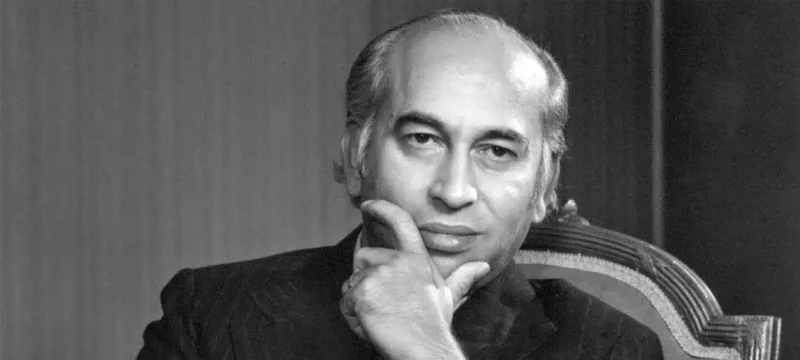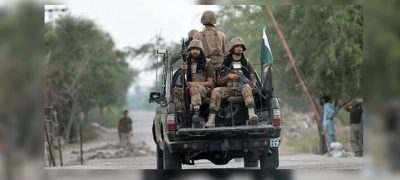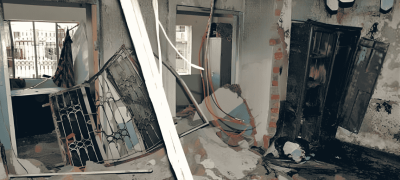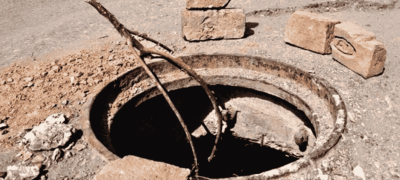On the fateful day of July 5, 1977, Pakistan embarked upon a path that would forever shape its history. Regrettably, it marked the beginning of the country’s darkest chapter, a period that continues to cast a shadow over its present. The repercussions of the seeds of division sown on that day are still evident today, manifesting in the lingering fruits of hatred that plague the nation.
Read More: Sindh has exceeded its revenue collection target of Rs. 180 billion for fiscal year 2022-23.
It was on July 5, 1977, that a military coup led by General Muhammad Zia-ul-Haq overthrew the democratically elected government of Prime Minister Zulfikar Ali Bhutto. This event not only shattered the democratic foundation of Pakistan but also ignited a series of events that would have far-reaching consequences for the country’s social fabric and political landscape.
Under Zia-ul-Haq’s regime, a new era of authoritarian rule took hold. The legacy of dictators, marked by repression, censorship, and curtailment of civil liberties, gripped the nation. The politics of division and hate became tools in the hands of those in power, further deepening the fault lines within society.
The repercussions of this period are felt to this day. The legacy of division, fueled by the politics of hatred, continues to permeate various facets of Pakistani society. Sectarian tensions, ethnic strife, and ideological polarization persist, hindering the nation’s progress and unity.
To move forward, Pakistan must confront this dark legacy and strive to bury it once and for all. It is imperative for the nation to reject the politics of division and hate, instead embracing the values of inclusivity, tolerance, and unity. By learning from the mistakes of the past and working towards a more harmonious future, Pakistan can heal the wounds inflicted by that dark chapter.
As Pakistan commemorates the anniversary of July 5, 1977, it is an opportune moment for collective introspection. It is a reminder of the importance of safeguarding democratic principles, protecting civil liberties, and promoting a culture of dialogue and understanding.
The journey towards a brighter future requires the active participation of all citizens, transcending divisions and fostering a sense of national cohesion. By nurturing a society that celebrates diversity, upholds democratic values, and rejects the politics of division and hate, Pakistan can pave the way for a more prosperous and harmonious nation.
Caption: Reflecting on the legacy of division and hatred that emerged from the darkest chapter in Pakistan’s history, it is time to bury the remnants of dictators and embrace unity and tolerance as the path towards a brighter future.









